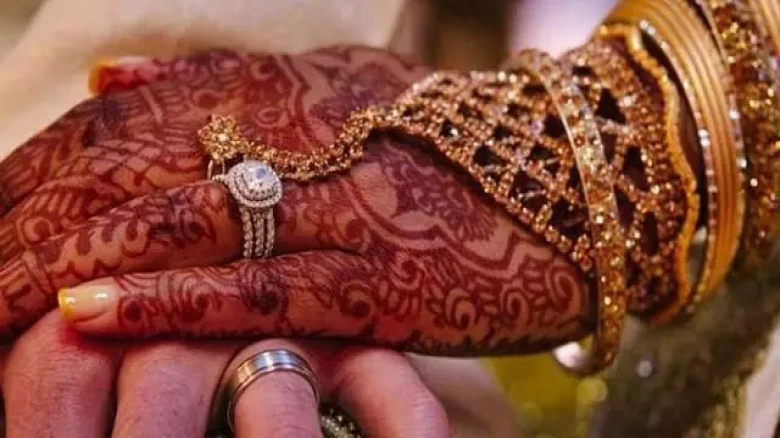A Delhi court stated that given the possibility for marriages to "go haywire," the time has come to make pre-nuptial agreements mandatory following the parties' counselling.
Digital Desk: Judge Harish Kumar of a family court issued an order on October 3, granting a "no-fault divorce" by mutual consent, using its authority under section 13B of the Hindu Marriage Act. The court noted that the parties are not willing to live together in the future and that there is consent for the dissolution of their marriage.
A Delhi court stated that given the possibility for marriages to "go haywire," the time has come to make pre-nuptial agreements mandatory following the parties' counselling.
The comment was made at a court hearing regarding a couple's separate requests for divorce based on cruelty and the fact that the couple had already been apart for more than seven years.
The court further ordered that every time a violation occurs, it be reported to the party that is allegedly at fault, with a clear warning that the party will not be heard later if the breach is not disclosed.
Judge Harish Kumar of a family court issued an order on October 3 granting a "no-fault divorce" by mutual consent, using the authority granted by section 13B of the Hindu Marriage Act. The court noted that the parties are not willing to live together in the future and that there is consent for the dissolution of their marriage.
A divorce by mutual consent may be granted under Section 13B of the act if a petition for a divorce by mutual consent is filed with the court on the grounds that the parties have been living apart for a year or longer and have mutually chosen to dissolve their marriage.
“The Family Court Act's spirit also encourages parties to reach a settlement, which puts an end to their dispute. In the present case, if the prayer of husband or wife is accepted holding the other spouse guilty of a matrimonial offence, the person against whom findings would go will take the matter to a higher forum thus dragging the other into the rigmarole of further round of litigation with added agony and harassment. In the same way, rejecting their individual requests would result in law-induced mental cruelty if they were unable to prove their claims. Therefore, given the unique circumstances of this case, the only way to put an end to their ongoing marital animosity and bitterness is to dissolve their marriage in accordance with Section 13B of the HMA, ”the court said in its order.
On March 8, 2011, the pair got married according to Hindu customs. In 2016, the husband filed for divorce in Mumbai's Bandra family court, citing "cruelty" as his reason. The wife then received notice of the husband's case.
A petition under the Prevention of Women from Domestic Violence Act was later filed by the wife in family court. Subsequently, an application was made to modify the petition and include a counter-prayer for a divorce based on cruelty.

Leave A Comment